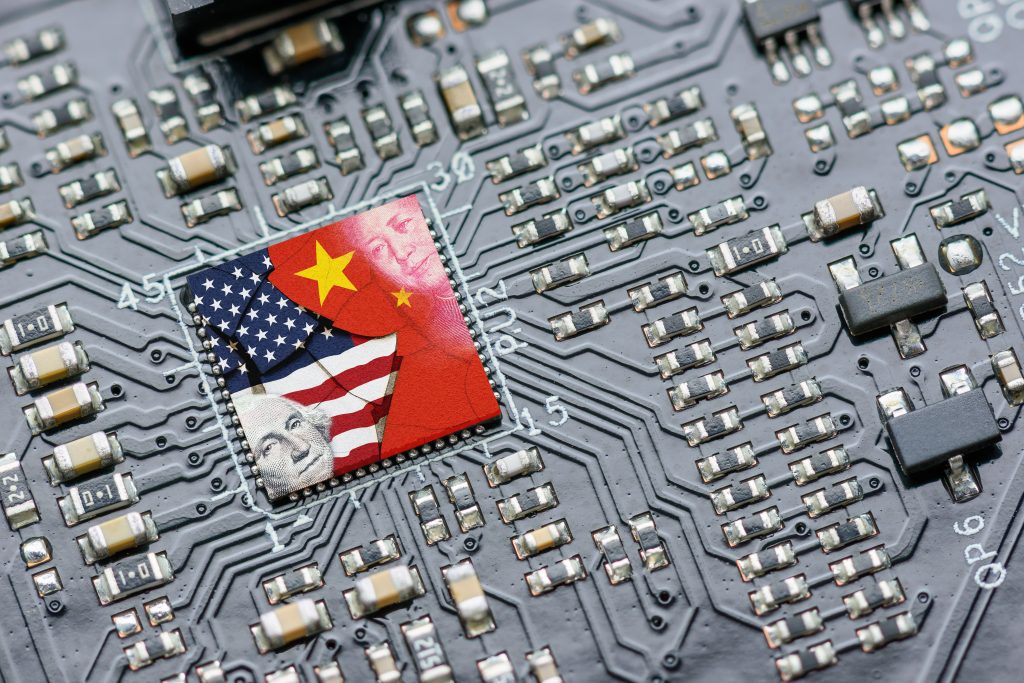US Commerce Secretary’s remarks on Huawei Chip and export controls
The US Commerce Secretary, Gina Raimondo, has downplayed the chip in Huawei’s latest smartphone, the Mate 60 Pro, stating that it is not as advanced as American chips

The recent remarks by US Commerce Secretary Gina Raimondo regarding the Huawei Mate 60 Pro chip have drawn attention to the ongoing technological competition between the United States and China.
US Commerce Secretary emphasized the technological gap between the Huawei chip and those produced in the United States, citing the effectiveness of US restrictions on Huawei. The Mate 60 Pro’s release last August was seen as a symbolic step in China’s technological advancement despite US efforts to limit Huawei’s semiconductor capabilities. However, the comparison between Huawei’s chip and US technology also underscores the ongoing technological competition between the two nations, with the U.S. striving to maintain its leadership in advanced semiconductor development.
Furthermore, the United States has been actively working to prevent China from acquiring advanced semiconductor chips due to concerns over potential military applications. Huawei’s placement on the entity list in 2019 was a strategic move driven by fears of espionage and national security risks associated with Huawei’s close ties to the Chinese government. This decision reflects a broader effort by the U.S. government to curb China’s access to critical technologies that could enhance its military capabilities and undermine US national security interests. The placement of Huawei on the entity list has had ripple effects across the global tech industry, impacting not only Huawei but also its suppliers and partners worldwide. It has also heightened the scrutiny of Huawei’s business practices and its role in the global supply chain.
Despite export restrictions, some suppliers like Intel have received licenses worth billions of dollars to continue supplying Huawei. This has sparked controversy, particularly among Republican China hardliners, who question the effectiveness of US export controls and their impact on national security. The recent revelation of Huawei’s AI-enabled laptop, powered by an Intel chip, further fueled this debate, raising concerns about the risks associated with supplying advanced technology to Huawei.


